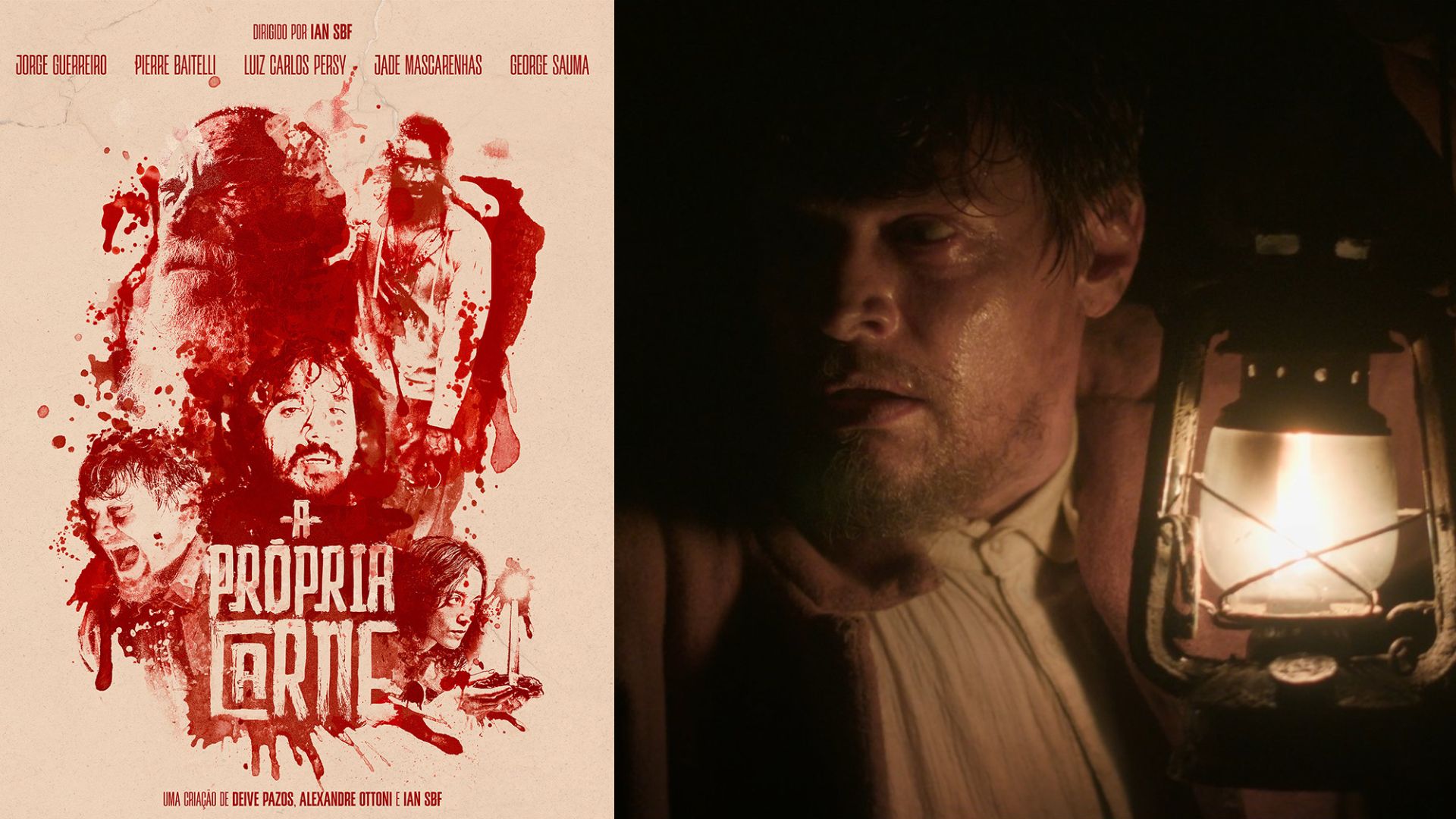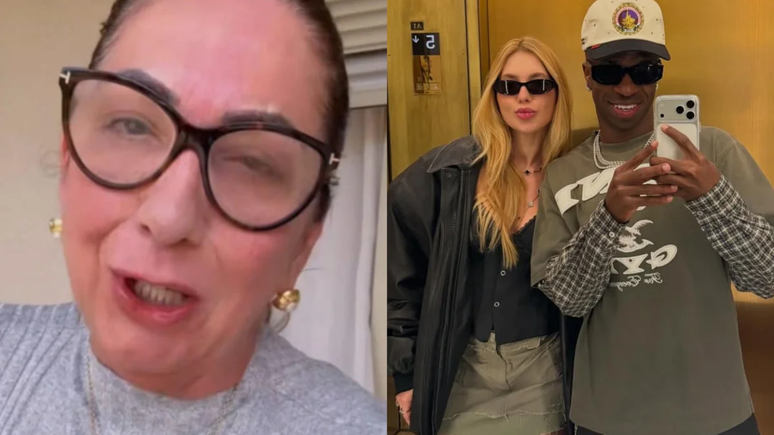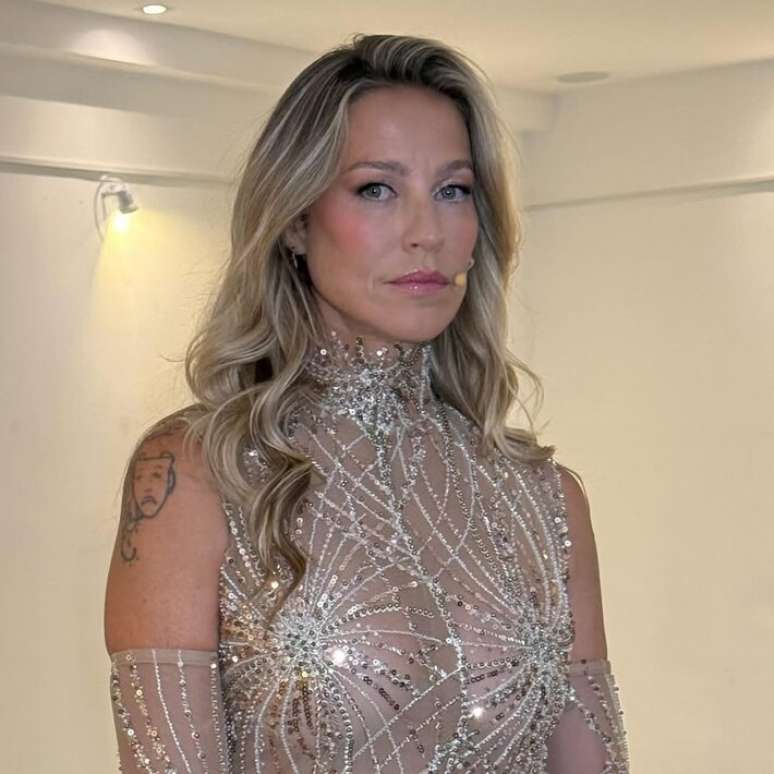By exposing the paralyzed half of her face, the artist is yet another celebrity helping raise awareness of medical conditions
Last week, Justin Bieber posted a video on Instagram not only sharing his diagnosis of Ramsay Hunt syndrome, which left half of his face paralyzed, but also showing it.
“As you can see, this eye doesn’t blink. I can’t smile from this side of the face. This nostril won’t move,” said the Canadian singer, sporting a frayed look in a video, wearing a cap and a blouse. flannel. .
Made public just days after the cancellation of several Bieber concerts, the news brought a wave of healing wishes for Bieber, 28, who was in the middle of touring for his fifth and sixth studio albums. changes (2020) and justice (2021).
It’s a bold move, some might say, to post your personal health issues for 241 million followers to see, especially when your professional career depends, to some degree, on your physical appearance. But Bieber is just one of many people in the spotlight who have spoken openly about his health recently.

This openness is not always encouraged. In Selma Blair’s memoirs, Mean Baby: A Memoir of Growing, released last month, the 49-year-old actress describes the diagnosis of multiple sclerosis. My doctors advised me not to tell the public, she wrote. They told her, “You are an actress; your body, your voice, is all you have.” Blair went ahead however, posting about the disease on Instagram in 2018.
These revelations come as public figures have more direct access to fans through social media posts and their live streams and intimate stories can go directly to their followers. While celebrities may have previously chosen to keep their medical issues out of public scrutiny, many today seem to believe the benefits – raising awareness of medical conditions and controlling their own health narratives – outweigh the costs.
In these online spaces, singer Halsey, 27, was able to post a video of herself wearing a heart rate monitor and talking about postpartum health issues and endometriosis to millions of followers, as easily as she sent a message to a friend. . Comedian Lilly Singh was able to share from her hospital bed that “her ovaries have the audacity to be crazy”. And Hailey Bieber, Bieber’s wife, was able to tell fans about her that she was rushed to the ER in March due to a blood clot, while also offering first-hand evidence that she is fine.
As for Justin Bieber’s condition, “if he went into hiding, it would lead to more questions about what’s wrong with him. Doing nothing is more risky than actually doing something,” says Christine Kowalczyk, an associate professor who studies. celebrities and brands at East Carolina University. “If they feel like he’s canceling the shows, he wants to be open and honest about why, so people will keep coming to his shows of him,” she adds.
Kowalczyk says he has seen a shift towards transparency in the entertainment industry over the past decade. He cites Angelina Jolie’s 2013 article on breast cancer in The New York Times, For instance. In the essay, Jolie, who suffered from Bieber-like facial paralysis in 2016, revealed her decision to undergo a preventative double mastectomy when she learned she has the gene that increases the risk of developing breast cancer. and ovaries. “I’m writing about it now because I hope other women can benefit from my experience,” she explained.
Several studies, including one that specifically examines Jolie’s response to preventative treatment news, have suggested that these revelations could lead to more information searches and disease screening among the public.
“Many celebrities will have access to doctors that the general public does not have, but that could lead someone to identify something they may not be aware of,” says Kowalczyk. “It’s good for education and awareness.”
Being ahead of an illness can also be a powerful act of defense. Halsey spoke at the 2018 Blossom Ball for an endometriosis research event. Selena Gomez helped raise nearly half a million dollars for lupus research, which she herself has. And an increased awareness of Jada Pinkett Smith’s alopecia, an autoimmune condition that causes hair loss, has led to numerous demands for an end to the stigma surrounding the disease. Rep Ayanna Pressley of Massachusetts called herself “a person proud of her alopecia.”
Chris Smit, co-founder and co-director of DisArt, a production company focused on the culture of disability, sees Justin Bieber’s announcement about his temporary disability as an opportunity to inform the public. “He’s proving that we don’t have to be afraid of disability, that we don’t have to pretend that disability doesn’t exist,” he admits.
Much of the conventional conversation about disability turns into what Smit calls “overcoming narratives” or turns into some kind of show. “I don’t think we spend enough energy thinking about the actual experience of disability,” says Smit.
And maybe if we did, he suggests, the response to Bieber’s experience would be slightly different. Smit, who is disabled, has noticed some comments about how brave Bieber is for posting his condition on social media. “In my culture, that’s not courage,” he says. “It’s just life.” / TRANSLATION OF LÍVIA BUELONI GONÇALVES
Source: Terra
Emily Jhon is a product and service reviewer at Gossipify, known for her honest evaluations and thorough analysis. With a background in marketing and consumer research, she offers valuable insights to readers. She has been writing for Gossipify for several years and has a degree in Marketing and Consumer Research from the University of Oxford.








